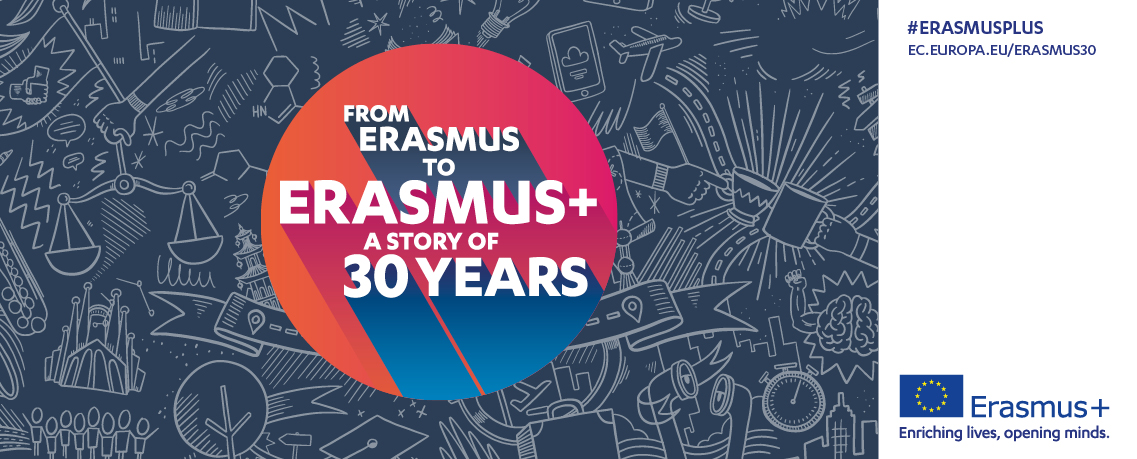Brussels, 5 May 2017
1 345 students from all over the world have just received the good news that they have been awarded an EU-funded scholarship to begin studying for an Erasmus Mundus Joint Master Degree this autumn.
These scholarships will cover all the costs of their study programmes which will take them to two or more higher education institutions in pursuit of a joint or double Master’s degree. Most programmes last two years.
The 100 Erasmus Mundus Joint Master Degree programmes offering EU scholarships in 2017 cover a wide range of subjects, from astrophysics and nanotechnology to cartography and sports ethics. This year’s scholarships have been awarded to students from all six continents with the top five sending countries being Brazil (79), India (63), Iran (59), Bangladesh (58) and Mexico (49).
Tibor Navracsics, European Commissioner for Education, Culture, Youth and Sport, said: “Erasmus Mundus Joint Master Degrees are great examples of universities working together across borders to offer integrated, innovative and high quality degree programmes. As we celebrate the 30th anniversary of Erasmus, it is inspiring to see the international outlook that this EU funding programme has helped to foster in universities, students and staff. That is why we are delighted to be able to fund over 1 300 scholarships for students from all over the world in 2017. Within two years they will be graduating with a tailored set of knowledge and professional skills to start or boost their careers.”
At least 75% of scholarships are for students from partner countries, with additional scholarships awarded to certain regions of the world where higher education is a priority area for EU cooperation. The remaining 25% are for students from EU and other programme countries.[1]
The newly-selected students will also be able to join and benefit from the Erasmus Mundus Student and Alumni Association, which supports and provides a network for students before, during and after their studies.
Each Master’s programme also provides EU grants to guest academics to come and contribute to the programme through teaching or research.
Some 40 new Master’s programmes will be added to the Erasmus Mundus catalogue this summer, making an even wider range of programmes available for scholarship applications for the next selection round. This application period – for students who wish to start their programme in autumn 2018 – will be open from October 2017 until January 2018.
Background
Erasmus Mundus Joint Master Degrees are fully integrated study programmes offered by a consortium of at least three higher education institutions, though most are larger. The 100 programmes selecting students in 2017 involve 513 institutions. Almost one-third of programmes include institutions from partner countries in all six continents.
All students study in at least two of the higher education institutions involved. The way a student moves around during their Master’s course – their “mobility track” – is unique to Erasmus Mundus and reflects the way the course is fully integrated and delivered throughout the consortium.
Erasmus Mundus Joint Master Degrees were launched in 2004 and, since 2014, form part of Erasmus+, the EU’s current programme for education, training, youth and sport. Since that first year, when just 19 programmes selected 140 students, more than 21,000 students have now benefitted from an Erasmus Mundus Master scholarship.
2017 marks the 30th anniversary of Erasmus which started as a higher education mobility scheme and has since evolved into a broad programme supporting students, pupils, volunteers, apprentices, teachers, youth workers, athletes as well as educational institutions and other organisations from the field of education, training, youth and sport. Learn more about the projects and programmes supported by Erasmus+ here.
For more information
Annex: Overall statistics Erasmus Mundus Masters scholarships – Cohort 2017
[1] The 33 programme countries are the 28 EU Member States plus five other countries that have signed up to Erasmus+ and pay to take part: Iceland, Liechtenstein, Norway, the Former Yugoslav Republic of Macedonia and Turkey. All other countries worldwide are partner countries.




